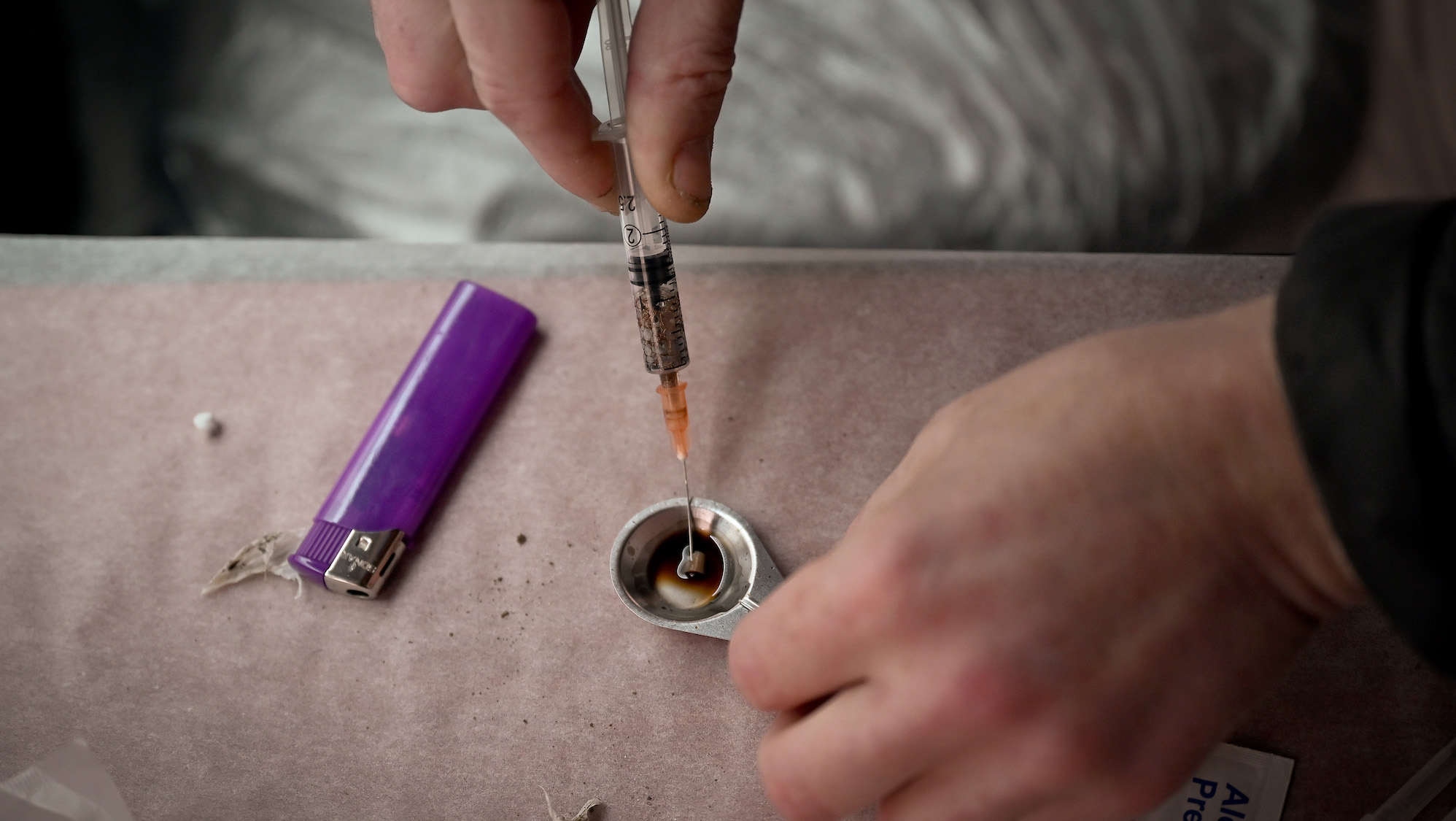Scotland's drug deaths remain the highest in Europe despite repeated government pledges to tackle the issue, new figures have shown. Last year there was a 12% rise in the number of drug misuse-related deaths, which "dashes hopes" that a decrease the previous year meant "the problem was easing", said Iain Macwhirter in The Spectator . According to the figures published by the National Records of Scotland (NRS), deaths rose to 1,172 in 2023, a rate "2.
7 times the figure in England and Northern Ireland" and twice that of Wales, said The Telegraph . The NRS said that the most common contributors to misuse deaths were "opiates and opioids, including heroin, morphine and methadone", which were involved in 80% of fatalities. Separately, the Scottish Drugs Forum reported that Scotland had "not achieved the target 9% increase" in the number of people having treatment for drug addiction, said The Guardian .

Health Secretary Neil Gray said the Scottish government would step up its efforts to tackle the problem, but what it is currently doing "doesn’t appear to be working", said Macwhirter. Why is the problem so bad? Drug-related deaths in Scotland have been rapidly increasing since 2013 when the total deaths were less than half the number last year. In 2023 the number of deaths was more than four times higher than in 2000.
There is some basis to suggest that people who began using drugs in the 1980s and 1990s when "more young people started using hard drugs", are now the "likeliest to die", said The Economist , although that could also be because drugs do more "damage to the body as it ages". The average age of the deaths has risen from 32 in 2000 to 45 in 2023, perhaps "pointing to an issue that remains tied to this generation", said Macwhirter. The second part of the 20th century saw drugs become more prolific as access became easier, while Scotland's economy was changed "fundamentally by deindustrialisation" which pushed hundreds of thousands of people into deprivation, said the Economic Observatory .
That drug problems disproportionately affect the poorest people in the most deprived areas of cities such as Glasgow and Dundee is "not a new discovery", said The Guardian , and it is clear the problem is "not under control" and governments have been "too slow to act". Why is it getting worse? Much of the blame is laid at the door of successive UK and Scottish governments that have "squeezed" the finances of "anti-poverty measures" and caused a "knock-on effect on the poorest in society", said The Scotsman . Those living in the most deprived areas of Scotland are 15 times more likely to die from drug misuse than those in the most affluent.
While heroin and methadone were linked to the most deaths, there is also concern over the arrival of synthetic opioids that are "in some cases 50 times stronger than heroin", said the Edinburgh Evening News . While there was only a modest rise in deaths related to these synthetic opioids in Scotland last year, there was a sharp increase in deaths from a synthetic benzodiazepine called bromazolam, as well as cocaine. The Taliban's crackdown on opium production in Afghanistan has led to synthetic opioids known as nitazenes becoming more common, particularly in the US, due to being "relatively easy and cheap to manufacture" and obtainable online, said The Economist.
It has also become "more common to take more than one substance at a time" which is "likelier to be fatal". What is the government doing? In recent years the Scottish government has taken the approach of encouraging safe use and rehabilitation, and is set to open its first safe consumption room – which aims to reduce drug-related harm and provide recovery services through medical supervision – in Glasgow in the autumn. While it is a pilot scheme, the government says it is working towards opening more facilities.
However, the levels of rehabilitation services achieved so far "remains woefully inadequate", Anne-Marie Ward, the chief executive of Faces and Recovery UK, told The Telegraph. The SNP has previously said it wants to decriminalise drug possession to try and encourage more users to engage with services, but has seen its attempts blocked by Westminster..


















